Ramadan: Six common misconceptions debunked
- Published
Got exams in Ramadan? Ace them with these top diet tips
The Muslim holy month of Ramadan starts this week and, across the globe, those who observe the Islamic faith will abstain from food and drink from sunrise to sunset.
The aim is to increase spirituality and religious observance through longer prayers and self-control, as Ramadan is seen as an opportunity to replenish one's spirituality.
While on the surface that seems simple and straightforward, there are a few myths and misconceptions that have divided opinion over the years.
Below are six of those, along with analysis by Shabbir Hassan, an advanced student of Islamic Sciences and Sharia, and a Hafidh of the Koran - meaning he has memorised the entire Koran.
In most cases, however, it depends on the school of thought and some of the following points can be open to interpretation.
'Brushing your teeth breaks the fast'
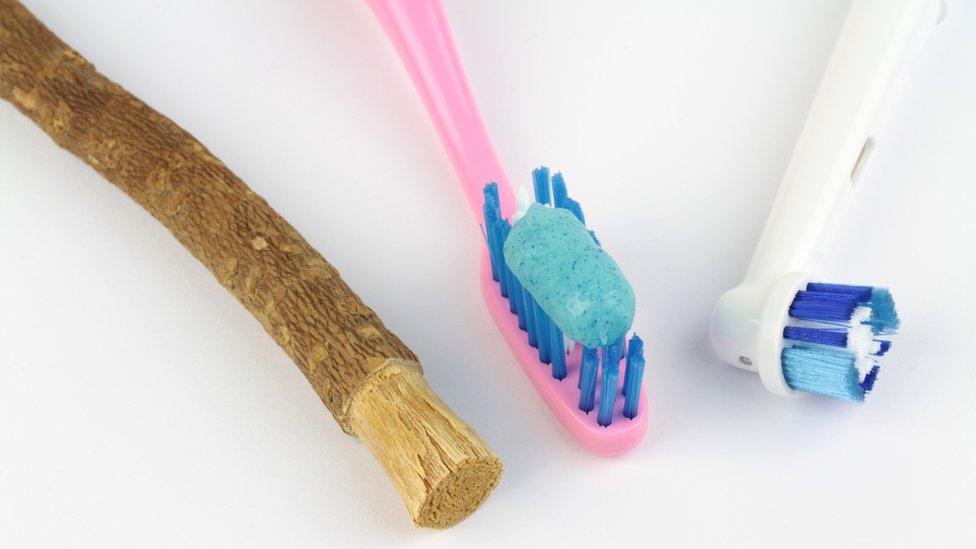
The miswak - teeth-cleaning twig - was noted by the World Health Organization for its oral hygiene benefits
Brushing your teeth does not break your fast, according to scholars.
Mr Hassan says that sometimes people who are fasting erroneously believe that the slight minty taste from toothpaste is enough to break the fast.
Even though many scholars would agree that brushing your teeth is fine, Mr Hassan has some tips for those who are extra cautious.
Islands' first mosque opens for Ramadan
Should children be allowed to fast?
"The best advice would be to use minimal toothpaste - use something that's not very strong, not too minty."
He also recommends using the miswak - a teeth-cleaning twig - as it has a very mild and natural taste. It comes from the Salvadora persica tree, which has been recommended by the World Health Organization, external for oral hygiene use.
'You may not swallow your own saliva'
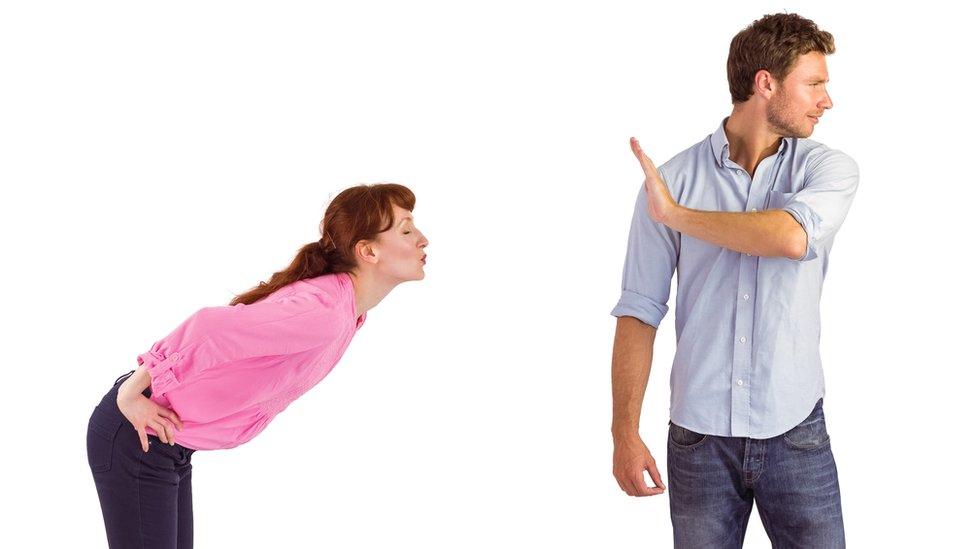
Kissing someone would invalidate your fast
Swallowing your own saliva is perfectly permissible and, in fact, encouraged.
"This misconception has no basis at all," says Mr Hassan, "swallowing your saliva is natural. It definitely will not break the fast."
What will break the fast, however, is the exchange of bodily fluids with another person.
Mo Salah lanterns light up Egypt
How to exercise, eat and sleep well during Ramadan
"Swallowing someone else's saliva is a slightly different thing that should be avoided while fasting," says Mr Hassan.
"You wouldn't be able to kiss your partner or spouse, or be intimate with them. The whole point of fasting is to control your desires, which would include food, drink and having intimate relationships."
'It is just about food and drink'
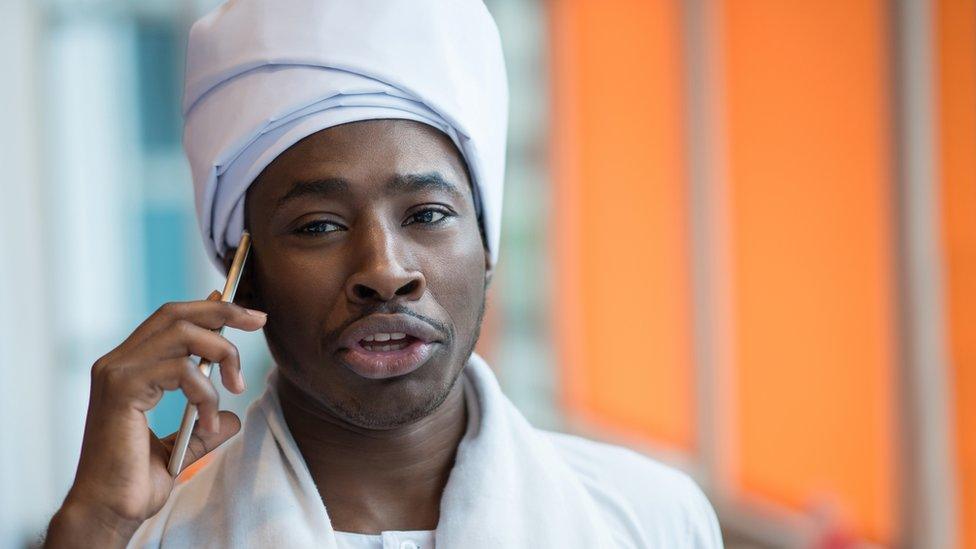
Those who observe Ramadan also have to abstain from gossiping and back-biting
Eating or drinking are not the only activities that would void a fast.
Other things that could invalidate the fast include the "sins to do with the tongue", says Mr Hassan.
"The fast is less rewarded if you partake in back-biting, gossiping or swearing at other people," he says.
'Accidentally eating or drinking breaks your fast'

If you completely and genuinely forget that you were fasting and eat something, your fast is still considered valid as long as you stop as soon as you realise.
However, if you accidentally consume something in circumstances that could have been avoidable, for example while performing ablution before prayer, then your fast becomes void.
One of the eight steps of ablution includes the rinsing of the mouth, and accidentally swallowing the water during this step would break your fast.
Mr Hassan explains: "When you're performing ablution while fasting, you're actually recommended to avoid gargling. You're just supposed to rinse your mouth and spit it out straight away."
'You cannot take medication'

"Firstly, if you have a medical condition, the first thing to ask is should I be fasting at all?"
The Muslim Council of Britain (MCB) issued a joint warning with the International Glaucoma Association urging people to continue using certain medication, such as eye drops.
The MCB also issued a Ramadan Health fact sheet, intended for hospital use, in which it outlines that eye drops, ear drops, injections and urethral infusions are among the medications that do not break the fast.

You may also be interested in:
However, swallowing medication would invalidate the fast, and it would have to be taken before or after the fast.
Mr Hassan says: "Firstly, if you have a medical condition, the first thing to ask is should I be fasting at all?
"What's clear cut in the Koran is that you should always follow the advice of the doctor."
'You must fast no matter what'

Older people are among those who are exempt from fasting
In Islam, fasting is considered obligatory only for those who are medically fit and have reached an age of maturity, which is usually about 15 years.
This excludes young children, those who are ill (physically or mentally), frail, travelling, pregnant or breast-feeding, according to the MCB.
There are other ways for adults who are unable to fast to reap the spiritual rewards without putting themselves at risk.
"If it is a short-term illness that they know they'll recover from - they would be able to make up their fasts on other days," says Mr Hassan.
"If it is a long-term condition and they can't make up the fast, then they can perform fidyah - a small donation that you pay per day - which you give to feed a poor family. The sum for the UK is between £4 and £5."
- Published14 May 2018
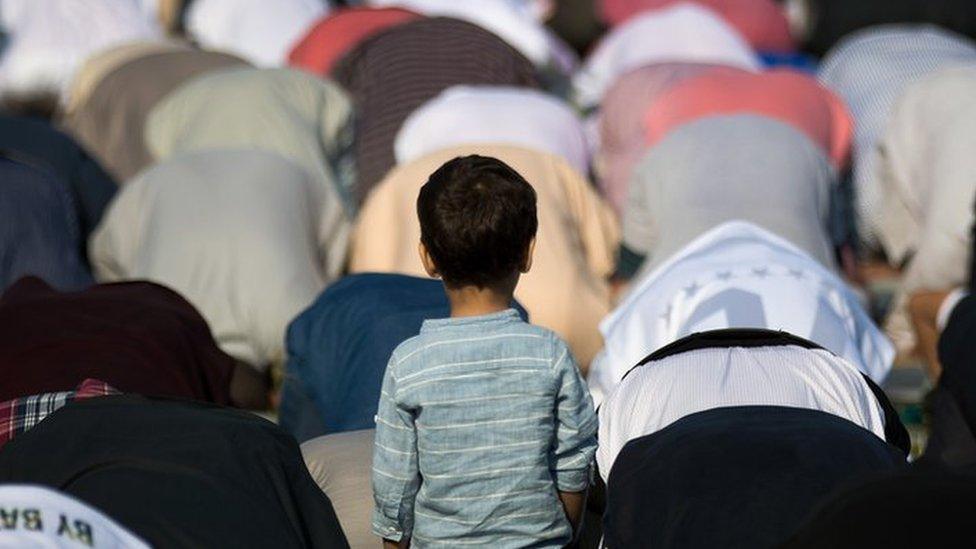
- Attribution
- Published10 May 2019
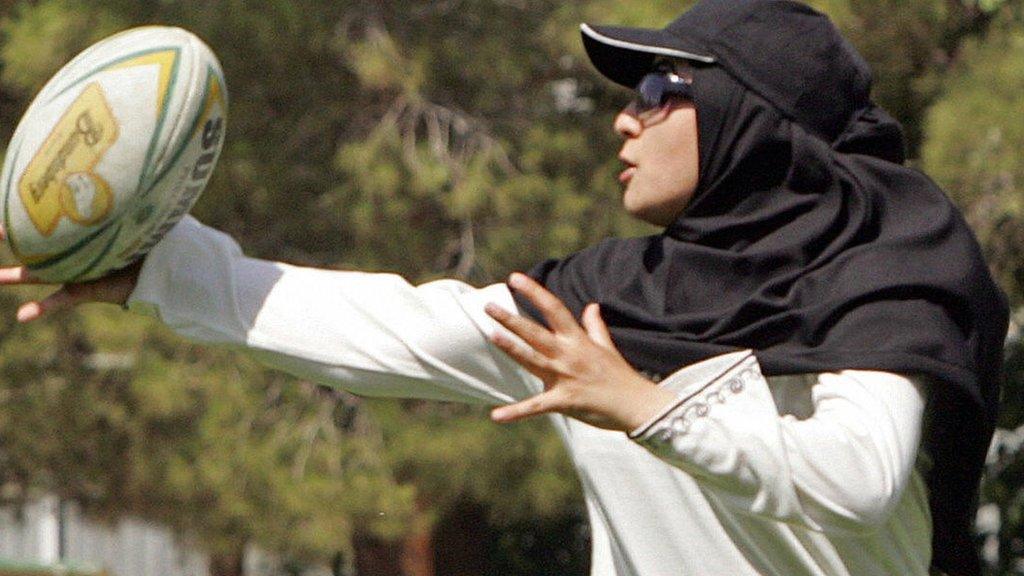
- Attribution
- Published14 March 2018
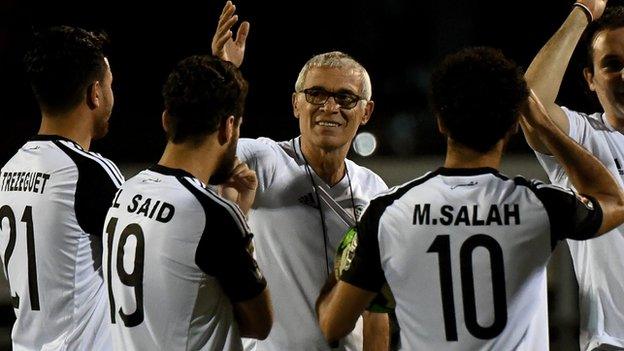
- Published24 June 2017
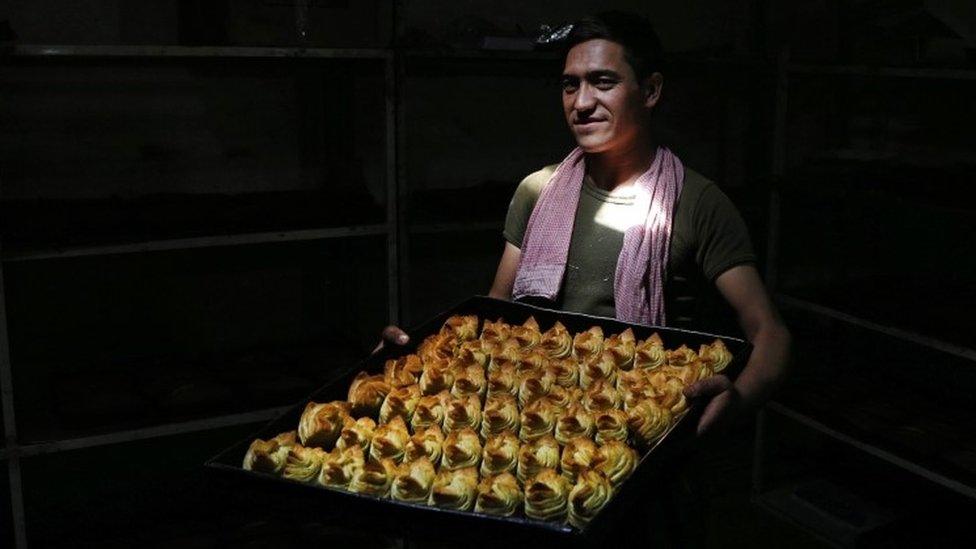
- Published11 May 2018
